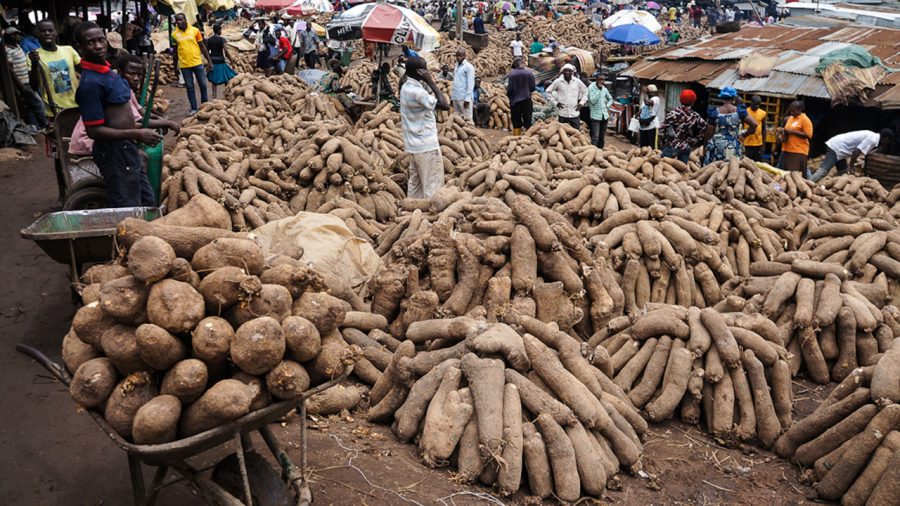PREMIUM TIMES
The nation was shell-shocked in April 2017 when operatives of the Economic and Financial Crimes Commission (EFCC) discovered $43.4 million, among other currencies, in the wardrobe of a four-bedroom apartment in Ikoyi, Lagos. Videos and photos of the sting operation shared by the anti-graft agency were similar to scenes from a raid of the stash house of a drug cartel. The EFCC credited a whistleblower’s confidential alert for the huge recovery.
That moment represented a shift in the anti-corruption efforts of the federal government and encouraged whistleblowers to come forward with valuable information. But while the government has made several recoveries, how have the whistleblowers fared? In this report, DYEPKAZAH SHIBAYAN examines how the fight against corruption has put the lives of whistleblowers at risk and why a policy meant to encourage and protect them is failing in Nigeria’s long-drawn-out war against graft.
——————————————————————————————————————————-
Blow The Whistle, Face Persecution
Citizens aspiring to get into public service seek to have a successful career and earn a living to take care of their families. Most intend to spend either 35 years in service or attain 60 years of age to retire from their careers in line with the public service rules.
However, those who have the guts to openly fight corruption within their organisations are often persecuted, dismissed and left in a state of despair. Joseph Akeju, a former bursar at the Yaba College of Technology in Lagos state, found himself in this boat when he travelled the lonely road of whistleblowing a few years ago.
Mr Akeju would have loved to be able to adequately support his family and have a fulfilling career before retiring from service – but that was not his lot.
The former bursar said he first ran into hot waters when he refused to partake in a “loot” in 2009. He said he was eventually dismissed for his “principled stance” and after seven and half years of despair, he was reinstated by Adamu Adamu, the minister of education, in 2016.



